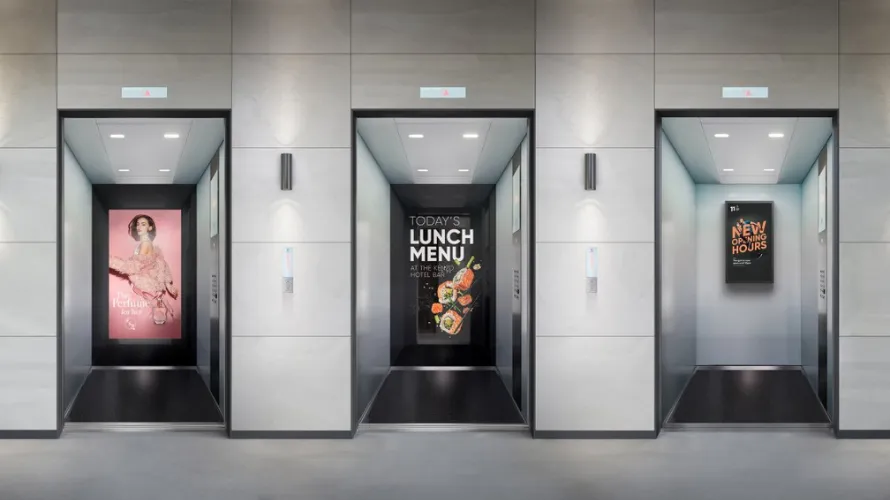Transforming Hospitality with LED Technology
In the hospitality and residential sectors, LED screens are becoming an essential feature, enhancing guest experiences and increasing property value. From lobby displays to in-room entertainment, LED technology offers numerous benefits that cater to the needs of both hotels and apartment complexes.
Applications in Hotels
1. Lobby and Reception Areas: LED screens in hotel lobbies can create a strong first impression by displaying vibrant visuals and welcoming messages. They can also provide real-time information such as weather updates, local news, and event schedules, enhancing the guest experience from the moment they arrive.
2. Digital Signage: Throughout the hotel, digital signage powered by LED screens can guide guests, display promotional content, and highlight hotel amenities. Interactive touchscreens can provide information about nearby attractions, dining options, and hotel services.
3. Conference and Event Spaces: LED video walls in conference rooms and event spaces can display high-definition presentations, live event feeds, and promotional videos. This technology enhances the professional atmosphere and flexibility of these spaces.
4. In-Room Entertainment: Modern LED screens in guest rooms offer superior picture quality and energy efficiency, enhancing the in-room entertainment experience. Smart TV capabilities allow guests to stream content, access hotel services, and control room settings through a single interface.
Applications in Apartments
1. Lobby Displays: In apartment complexes, LED screens in lobbies can provide a welcoming atmosphere and deliver important information to residents, such as community news, events, and maintenance updates.
2. Common Areas: LED screens in common areas like gyms, lounges, and rooftop terraces can enhance these spaces by displaying entertainment, fitness tutorials, and ambient visuals, creating a more engaging and enjoyable environment for residents.
3. Security and Monitoring: High-definition LED screens can be used in security rooms to monitor CCTV feeds, ensuring that property managers can effectively oversee the premises and respond to any incidents promptly.
4. Smart Home Integration: In individual apartments, LED screens can be integrated with smart home systems, allowing residents to control lighting, heating, and other home functions through a centralized interface.
Benefits of LED Screens in Hospitality and Residential Settings
- Enhanced Aesthetics: LED screens add a modern and sophisticated touch to any space, making hotels and apartments more attractive to guests and residents.
- Energy Efficiency: LED technology is energy-efficient, reducing operational costs and supporting sustainability initiatives.
- Durability: LED screens are durable and require minimal maintenance, making them ideal for high-traffic areas in hotels and apartment complexes.
- Flexibility: The versatility of LED screens allows for a wide range of applications, from decorative elements to functional displays for information and entertainment.
- Increased Property Value: The integration of advanced technology such as LED screens can increase the perceived value of a property, attracting more guests and potential residents.
Conclusion
LED screens offer significant benefits for hotels and apartments, transforming these spaces into modern, engaging, and efficient environments. By leveraging the versatility and impact of LED technology, property managers can enhance the guest and resident experience, ultimately increasing satisfaction and property value.



